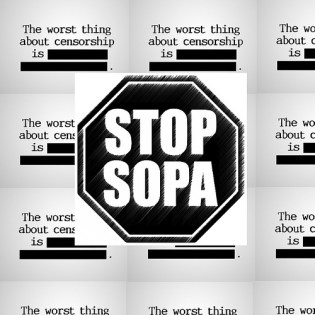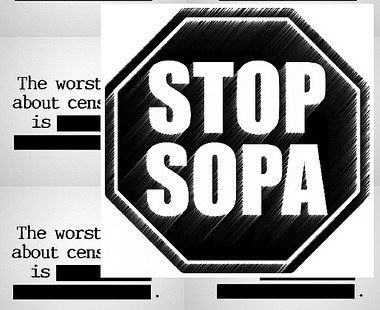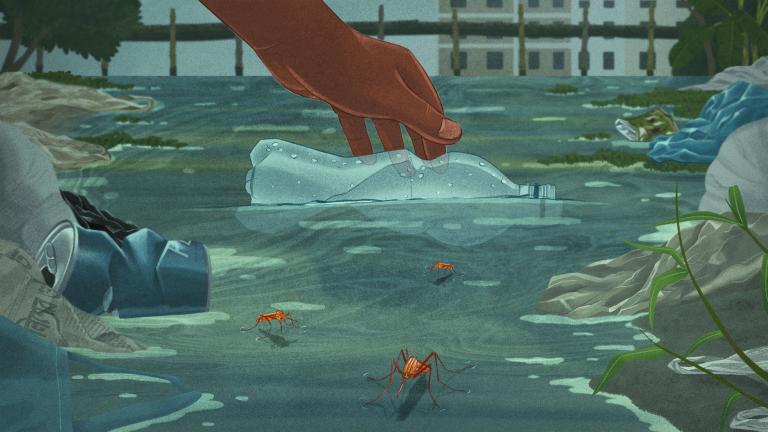 Every few years somebody comes along and tries to break the internet. Sometimes it’s a corporation that thinks it can replace the open network with a more profitable company town. Other times, it’s a government that thinks it must tame the online wilds with new laws.
Every few years somebody comes along and tries to break the internet. Sometimes it’s a corporation that thinks it can replace the open network with a more profitable company town. Other times, it’s a government that thinks it must tame the online wilds with new laws.
Each time, the internet seems to brush off the assault. The network is, after all, simply an idea — a set of agreements to trade digital signals according to certain rules that over the past two decades produced a new kind of open public sphere, a media commons. That idea has proven highly resilient.
But the proposed legislation known as SOPA and PIPA that you may have heard about recently? These laws really would break the internet as we know it.
These bills are the latest attempt by Hollywood and the entertainment industry to roll back the clock on digital innovation. SOPA, the Stop Online Piracy Act, is the House edition, and PIPA, the Protect Intellectual Property Act, is the Senate version. Both acts claim to target the piracy and theft of software, movies, and music, but they’re so badly written and overly broad that their passage would give “Big IP” (the giant corporate owners of copyrights) the ability to shut down any website for virtually any reason. They’d place a powerful legal weapon in the hands of repressive governments that aim to silence critics and pull the legal rug out from under every open web platform.
The rights of copyright holders can be protected without taking these extreme steps. There are good legal, technical, moral, and pragmatic arguments against the SOPA/PIPA measures. (Here are some from our friends at TechPresident, the smart folks at the MIT Media Lab, and the veteran activists at the Electronic Frontier Foundation. Oh, right, and of course, there’s Cory Doctorow, too.) Yet, pushed forward by the powerful entertainment industry lobby, the poorly crafted bills were on a bipartisan fast-track in Congress until an unusual coalition came together to sound an alarm.
Now, SOPA and PIPA have sparked opposition from giant online services like Google and Facebook to community platforms like WordPress and Tumblr to institutions like Wikipedia and Craigslist. In recent days the Obama administration began to distance itself from SOPA/PIPA, and the bills’ passage looks much less certain.
Like previous efforts to defeat online censorship measures (most notably, the fight against the Communications Decency Act), this movement is not your typical lobbying effort; it’s a revolt of the geeks against a threat to the medium they love. Today, Grist joins a host of other online institutions in taking a stand against these ill-conceived laws. (You can, too.)
Why does this fight matter to us? Shouldn’t we just stick close to our solar panels, tend our organic gardens, and worry about the climate?
Well, no. We love the internet, too — not only because it’s still the best medium ever for watching cute baby sloth videos, but also because it has become a great new force for mobilizing positive change. Every mass movement that made a difference over the past year — from the Arab Spring to Occupy Wall Street to the Keystone pipeline protests — relied on the internet to proselytize, organize, and mobilize the public.
These movements are possible because we understand the Net to be more than just a pipe for TV shows and ads. It has become our global public square, with room for all of us to connect, and share, and, of course, to rant. If we’re going to keep making progress on saving the planet — or even just, you know, improving public transit — it has to remain a place where we’re all free to raise a ruckus.




